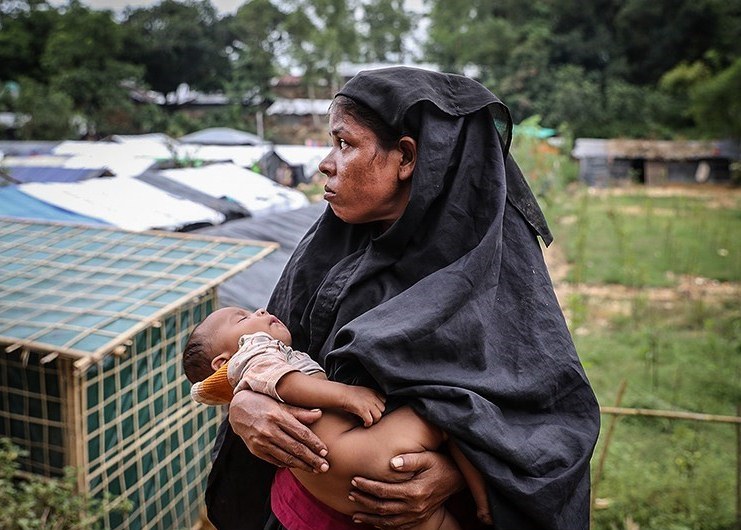Most sources characterize the conflict as religious persecution, with Human Rights Watch describing the recent massacres as part of a “campaign of ethnic cleansing” by Burma’s security forces. However, one Guardian column from a year ago, by Saskia Sassen, questions if it couldn’t also be about natural resources:
We must ask whether the sharpened persecution of the Rohingya (and other minority groups) might be partly generated by military-economic interests, rather than by mostly religious/ethnic issues. Expelling Rohingya from their land might well be good for future business. In fact, quite recently the government allocated 1,268,077 hectares (3,100,000 acres) in the Rohingya’s area of Myanmar for corporate rural development; this is quite a jump compared to the first such formal allocation which was in 2012, for just 7,000 hectares (17,000 acres). To some extent the international focus on religion has overshadowed the vast land grabs that have affected millions, including the Rohingya.
https://www.theguardian.com/…/is-rohingya-persecution-cause…
https://www.hrw.org/…/burma-rohingya-return-deal-bad-refuge…
https://qz.com/…/rohingya-the-oil-economics-and-land-grab-…/
[Photo credit: Wikimedia Commons.]

